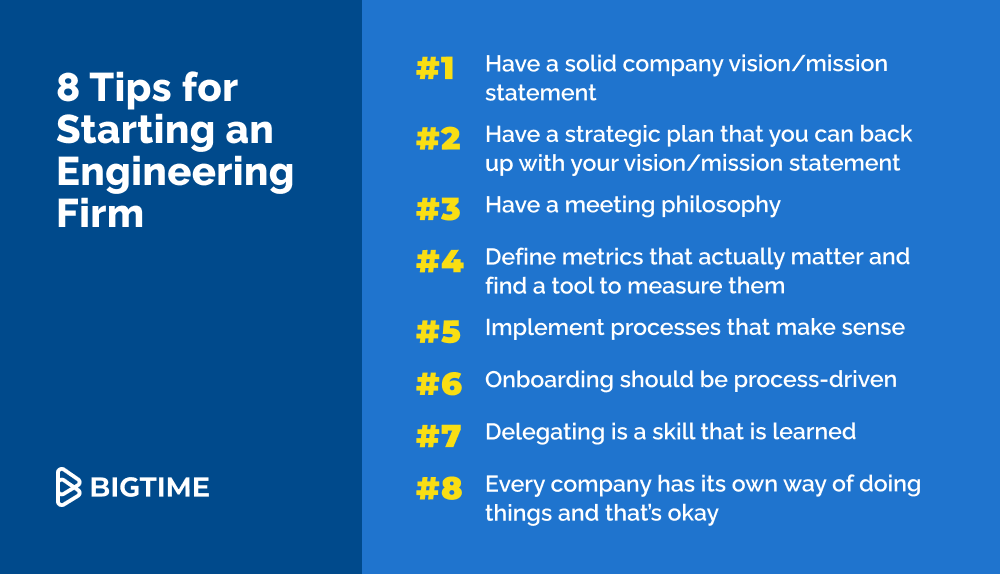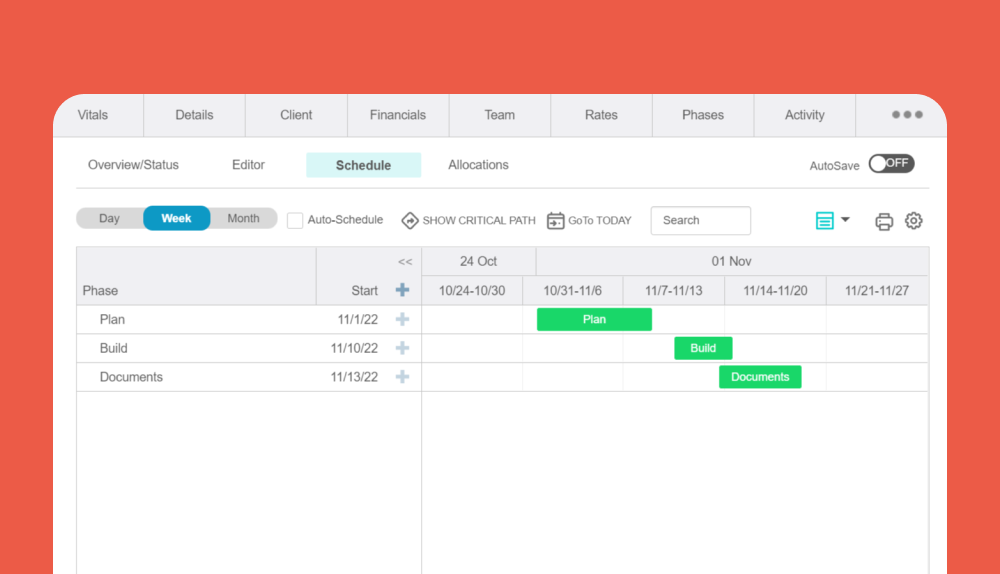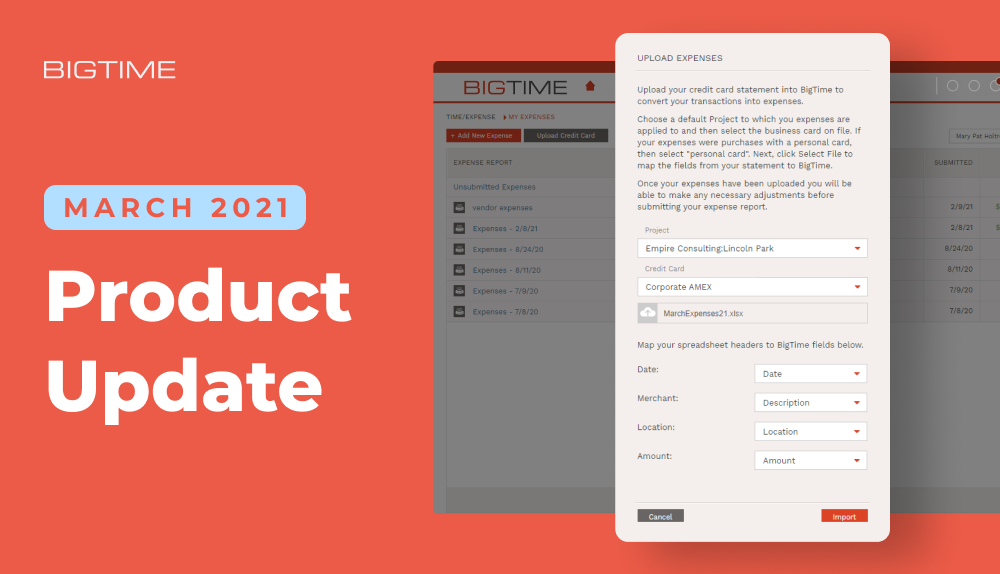
Last updated July 25th, 2023
Not sure how to start an engineering firm? In this blog, we’ll guide you through the basics as well as share helpful first-hand advice to help you turn your passion for engineering into a successful and sustainable business.
Embarking on the journey of starting your own engineering business is an exciting and challenging endeavor that can open doors to endless possibilities. Whether you aspire to build innovative products, provide cutting-edge solutions, or offer specialized services, the engineering industry offers a wealth of opportunities for ambitious entrepreneurs.
8 Tips for Starting an Engineering Firm
In the first episode of The Civil Engineering Podcast in partnership with The Engineering Management Institute, host Anthony Fasano sits down with Gordon Greene, P.E. of Patel, Greene & Associates, LLC (PGA) to learn how he successfully grew his company from a few employees to 85+. During the episode, he calls out 8 sound pieces of advice for people who are starting a business from scratch, or maybe for those who are looking to improve upon their strategy.

1. Have a solid company vision/mission statement
This might sound like a no-brainer but when creating your company’s vision/mission statement, make it one that you can actually put to use. It’s important to keep it simple and to avoid any lofty or out-of-reach ideas. A good vision/mission statement will give you a lens to make tough decisions through.
2. Have a strategic plan that you can back up with your vision/mission statement
A strategic plan is where you’re headed and that vision/mission statement is something you have to keep you on track. This idea reinforces the need to have a realistic mission/vision statement that is able to permeate everything your company does. Staying realistic is also the theme here when making a strategic plan — employees need to be able to wrap their heads around reachable objectives and expectations in order to succeed.
3. Have a meeting philosophy
Meetings are necessary but that doesn’t mean they need to take up your entire day. Having shorter standing meetings can sometimes be more effective than long ones. When it comes to these stand-ups, they shouldn’t be for listing off everything you’re working on, just keeping the team updated and aware of workloads. Keep it short and sweet, 15-20 minutes is ideal. And remember, do what makes sense for your group — work smarter, not harder.
4. Define metrics that actually matter and find a tool to measure them
If you make anything too cumbersome, no one is going to use it. This is especially true when it comes to using software to define key metrics. You don’t necessarily need a ton of different programs, but you do need one that the team will use and one that captures the data/metrics that are important for your company. With any company, as you grow, you figure out what those key metrics are and find a tool that’s right for you.
5. Implement processes that make sense
The idea of having a set process is to provide comfort and confidence to those who are doing it, it’s never to create drudgery. Employees should never feel like they’re going through the motions but not knowing why, or worse, not liking it. When it comes to developing these set processes, solicit feedback from your team and keep a pulse on things— be willing to tweak it as you go. To make it an easier sell and to gain buy-in, it’s key to explain to your team why the company is doing something a certain way and how it’s adding value to the company, to the individual, and to the entire team.
6. Onboarding should be process-driven
Whether it’s a more strategic hire or someone straight out of school, onboarding should be process-driven. Having an onboarding checklist ensures nothing is being missed and you’re not hindering anyone from having a smooth transition. Make it an established process but one that is ever-evolving to make it the best it can be. Encourage the team to take part in making any necessary updates— they know the process better than anyone else.
7. Delegating is a skill that is learned
Engineers are taught to be a part of every detail but it’s important to know when and how to delegate. There are only so many hours in the day and someone might be better at doing a certain task than you are. Everyone has their strengths and when you surround yourself with smart people, it will be seen in the work your company puts out.
8. Every company has its own way of doing things and that’s okay
Not every company and team is the same. Things change, roles shift, and teams grow. It’s all about how you handle the change and keep your values in line with your vision/mission statement. This is just one more reason to surround yourself with smart people who want to succeed just as much as you.
We hope those 8 tips will help as you begin to establish your own engineering firm. If you’re still in need of more information as to what exactly owning an engineering company entails, keep on reading to learn more about the basics.
What is an engineering firm?
An engineering firm, also known as an engineering company or engineering consultancy, is a business that specializes in providing professional engineering services. It’s typically composed of a team of engineers, technicians, and specialists who collaborate to design, develop, and implement various engineering projects.
These projects can encompass a wide range of fields, such as:
- Civil engineering
- Mechanical engineering
- Electrical engineering
- Software engineering
Once the project is underway, engineering firms often assume the role of project managers, coordinating activities, overseeing budgets, and ensuring that deadlines are met. They collaborate with stakeholders, including architects, contractors, and government agencies, to streamline the construction/implementation process and maintain quality control.
Engineering Startups
Unlike established engineering firms, startups often operate with limited resources, including financial capital and manpower. However, they make up for these limitations with a strong drive to disrupt the industry. These startups are typically founded by engineers or individuals with a strong engineering background who identify a gap or opportunity in the industry and aim to address it through their unique products or services.
To fuel their growth, engineering startups often seek funding from venture capitalists, angel investors, or government grants. These investments allow them to scale their operations, conduct research and development, and bring their products or services to market.
What is a consulting engineer?
A consulting engineer is a professional who provides expert advice and specialized engineering services to clients. They work independently or with engineering consulting firms, offering their expertise in various disciplines to develop tailored solutions for clients’ engineering projects.
Consulting engineers collaborate closely with clients, analyze project data, provide advice, and oversee project execution. They serve as trusted advisors, using their technical expertise and problem-solving skills to deliver innovative solutions.
How to Become an Engineering Consultant
Simply put, becoming an engineering consultant involves:
- Getting an engineering degree
- Gaining professional experience
- Acquiring the right licenses
- Developing a specialized expertise
- Building a professional network
- Establishing your consulting practice
- Continuously updating your skills and knowledge
As an engineering consultant, you offer specialized services to clients, leveraging your expertise to provide innovative solutions. It allows you to apply your engineering skills in a consultancy capacity, serving clients with unique insights and expertise.

Engineering Company Services
Engineering companies provide a wide range of services tailored to meet the specific needs of clients across various industries. These services can include:
Design and Engineering
Engineering companies excel in designing and engineering solutions for diverse projects. This involves conceptualization, detailed design, and the creation of technical specifications. Whether it’s civil engineering projects, mechanical systems, electrical systems, or software applications, engineering companies develop innovative designs that meet client requirements.
Project Management
Many engineering companies offer project management services to ensure the smooth execution of projects. They oversee all aspects of the project, including scheduling, budgeting, resource allocation, and coordination with stakeholders. Effective project management helps ensure that projects are completed on time, within budget, and according to client expectations.
Consulting and Advisory Services
Engineering companies provide consulting and advisory services, leveraging their expertise to offer valuable insights to clients. They offer technical guidance, feasibility studies, risk assessments, and recommendations to help clients make informed decisions. Consulting services may also include environmental impact assessments, sustainability consulting, and compliance with regulations and standards.
Construction and Implementation
Engineering companies often engage in construction and implementation activities, working closely with contractors and subcontractors to bring projects to life. They oversee the construction process, ensuring that it adheres to design specifications, safety standards, and quality control measures.
Research and Development
Engineering companies play a vital role in research and development (R&D), driving innovation in their respective fields. They invest in R&D to stay at the forefront of technology, develop new products or solutions, and improve existing ones. This allows engineering companies to provide clients with state-of-the-art solutions and stay ahead in a rapidly evolving industry.
Testing, Inspection, and Quality Assurance
To ensure the reliability and performance of engineering projects, engineering companies offer testing, inspection, and quality assurance services. This involves conducting various tests, inspections, and audits to verify compliance with standards, identify potential issues, and ensure that projects meet required specifications.
Maintenance and Support
Engineering companies often provide maintenance and support services to ensure the ongoing performance and reliability of engineering systems. This includes routine maintenance, repairs, troubleshooting, and technical support to address any issues that may arise during the lifespan of a project.

Frequently Asked Questions About How to Start an Engineering Firm
Do you need to be an engineer to start an engineering firm?
No, it is not mandatory to be an engineer to start an engineering firm, but having a background and expertise in engineering is highly advantageous and often expected in the industry.
What is a small engineering firm?
A small engineering firm refers to a relatively small-scale business entity that provides engineering services and solutions. It typically has a smaller team of engineers, technicians, and professionals compared to larger engineering firms, and may cater to a specific niche or market segment.
Can engineers start their own business?
Yes, engineers can certainly start their own businesses. Starting their own business allows engineers to pursue their entrepreneurial vision, work on projects of their choice, and have control over their professional path.
Can engineers be self-employed?
Absolutely, engineers can be self-employed and work as independent contractors or consultants. Many engineers choose to work on a freelance basis, offering their services directly to clients or contracting with engineering firms on a project-by-project basis.
How do I start a freelance engineering business?
To start a freelance engineering business, define the services you will offer and establish your business entity, including obtaining any required licenses or permits. Build your professional network, market your services, and secure clients by showcasing your expertise, experience, and track record.
How profitable is an engineering firm?
The profitability of an engineering firm can vary significantly depending on factors such as market conditions, competition, project size and complexity, overhead costs, and effective financial management. While some engineering firms can be highly profitable, it ultimately depends on the firm’s ability to secure and successfully execute projects, manage resources efficiently, and deliver value to clients.






